The Lemon balm from the mint family originally comes from southern Europe. It was planted in gardens in Greece and other regions around the eastern Mediterranean as early as the first century AD.
Occurrence & cultivation of lemon balm

In the Middle Ages it belonged Lemon balm in every monastery garden because of its medicinal properties. Today it is distributed worldwide in all temperate climates.
The lemon balm prefers nutrient-rich, warm and dry locations with sandy loam soil. The plant grows up to 90 cm high and develops egg-shaped, slightly serrated leaves and delicate white lip-shaped flowers.
The lemon balm is a very perennial plant that grows rampant in gardens and often releases on forest paths.
Effect & application
The Lemon balm is a popular tea plant. Lemon balm tea tastes light and delicately sweet like lemon. The leaves of the plant are ideal for the preparation of herbal liqueurs. As a spice, it gives salads and sauces, cheese creams and soups a fresh aroma. Compotes can also be refined with lemon balm.
The taste of lemon balm with its typical citrus scent is also suitable for flavoring cold drinks. But above all, lemon balm has been valued and sought after as a medicinal plant for thousands of years. The Carmelite spirit, which became famous at the beginning of the 17th century, contains lemon balm, coriander, nutmeg, cloves, star anise and cinnamon.
Even back then, this medicine was supposed to help with various digestive, circulatory and rheumatic ailments. Melissa leaves and alcohol are used today to make lemon balm spirit, which is used as a medicine for internal and external use. The rosmarinic acid contained in lemon balm, among other things, fights microbes and viruses. Essential oils, bitter substances and tannins are other components of the plant, as well as resin and mucilage.
Lemon balm tea has a sweat-inducing effect and is helpful for flatulence. It also has an invigorating effect, but also has a calming effect and can be used as a depressant. Its relaxing effect makes lemon balm a universal remedy for many diseases. The beneficial, nerve-strengthening effect of lemon balm is also known.
Importance to health
In natural medicine, the Lemon balm applied both internally and externally. As a tea, it helps with many types of digestive disorders. In the case of convulsive vomiting and diarrhea, stomach complaints that are accompanied by cramps, flatulence and colic in the intestinal area, intestinal cramps and also biliary complaints, tea made from lemon balm is used.
It has a relaxing effect on the digestive tract and stimulates the appetite. Melissa also helps with menstrual cramps, as well as with menopausal symptoms. It soothes palpitations and has a soothing effect on the typical hot flashes of menopause. In addition, lemon balm can be used for nervous anxiety and insomnia. It also relieves nervous pain and headaches.
In general, lemon balm is a gentle and helpful remedy for tiredness and exhaustion, irritability and restlessness. Applied externally, lemon balm can be used for soothing aromatherapy, for baths and for washing. The components of the lemon balm are used in the form of alcohol as rubs. Muscle pain, joint pain, and headache can all be treated successfully.
The active ingredient of lemon balm is also suitable for treating skin problems. For example, Herpex Simplex can be treated with extracts from lemon balm. Melissa also develops effective healing effects as a pack or pad for skin ulcers and swellings.

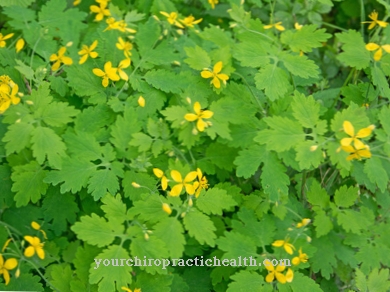
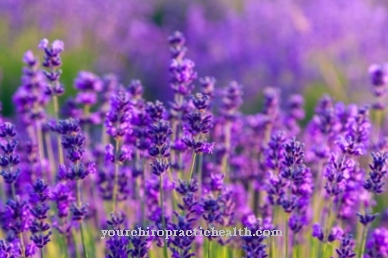
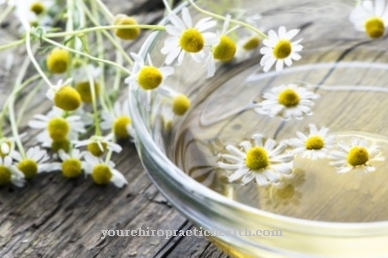

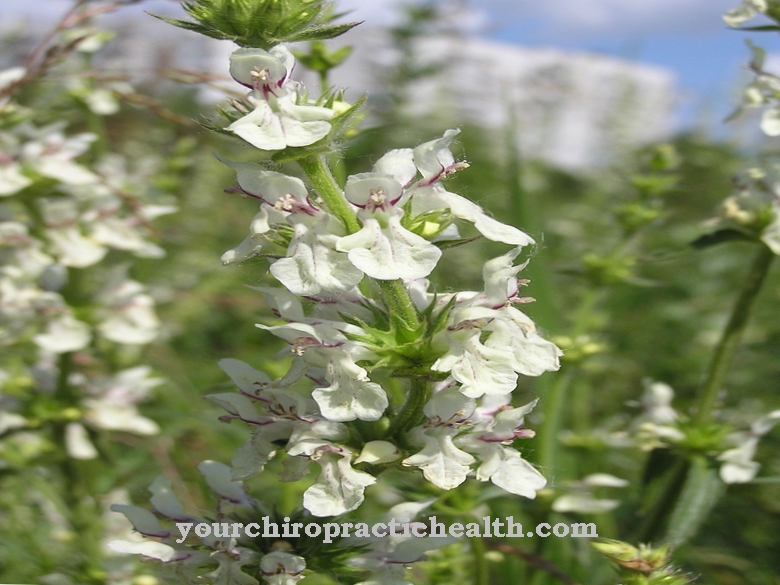
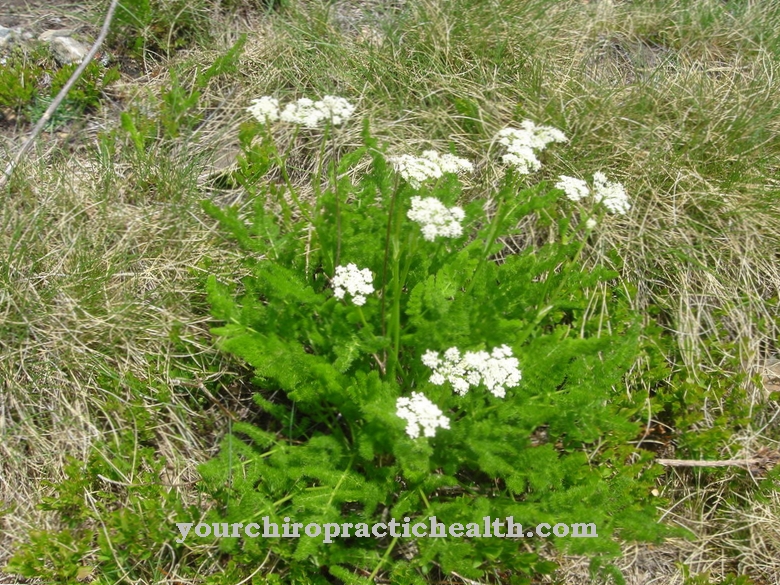

















.jpg)



